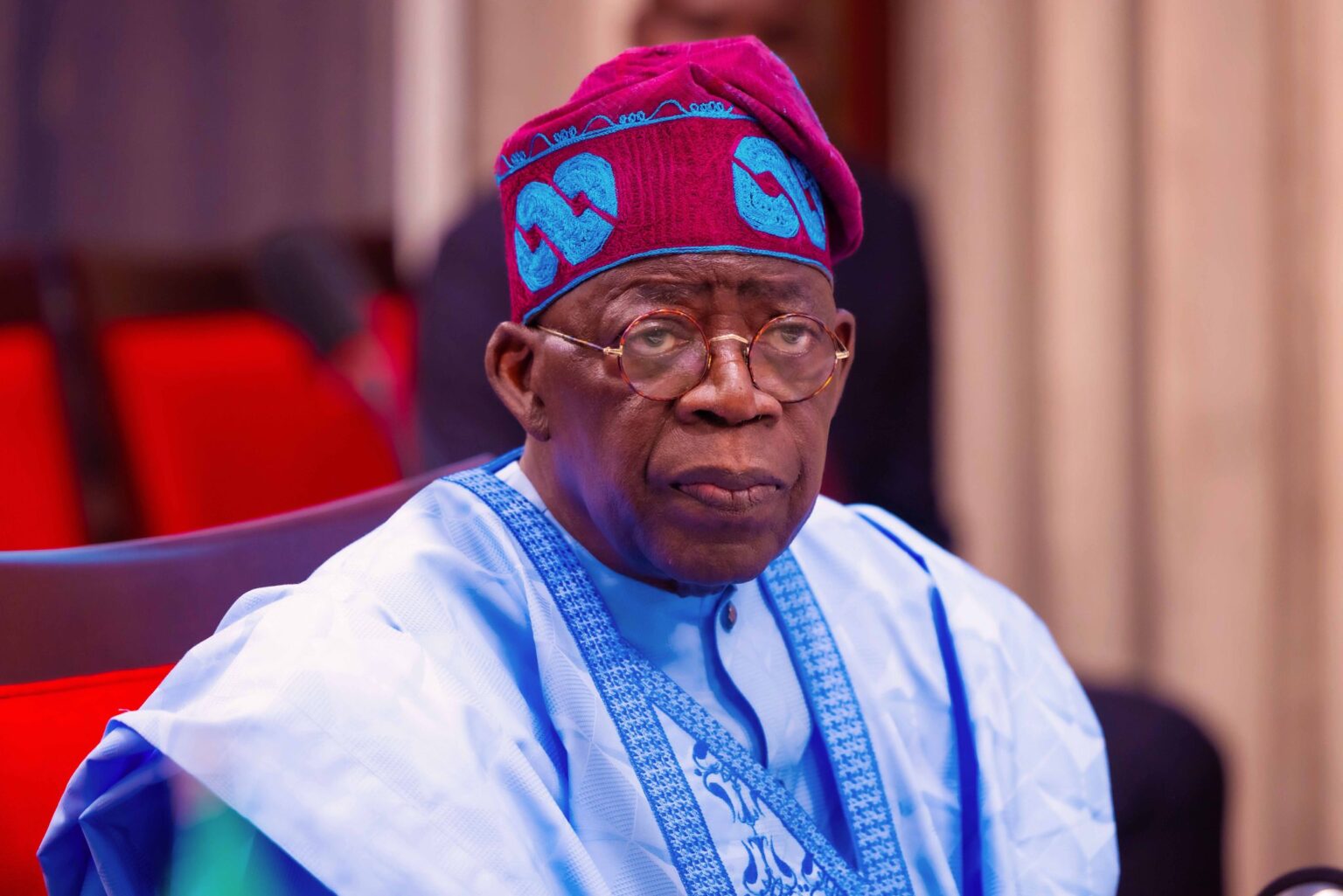By Ibrahim Babangida Lawal
In the architecture of nationhood, how a country allocates its public resources is more than administrative routine—it is a moral compass. It reveals what a society truly values, who it honors, and, just as importantly, who it chooses to neglect.
This is why a troubling pattern must be confronted: when governments celebrate athletes with lavish rewards while educators, healthcare workers, and security personnel are sidelined, it signals a profound distortion of national priorities. Whose wellbeing, we must ask, is truly at the heart of our governance?
Let it be clear—this is not an attack on sports or athletes. Our footballers, for instance, often offer a rare moment of national unity and joy. Their achievements can lift spirits and inspire pride, however fleeting. Yet, the true strength of any nation lies not in stadium ovations, but in the quiet, continuous labour of those who teach, heal, and protect.
Take the educator. In overcrowded classrooms and under crumbling roofs, teachers nurture minds, shape futures, and instill the principles of citizenship. It is through their hands that societies are built—doctors, engineers, leaders all begin at their desks. And yet, they remain among the least appreciated and most poorly compensated professionals in the land.
Our healthcare workers endure a similar fate. They battle epidemics, perform surgeries under impossible conditions, and offer care with minimal support. We hail them as heroes in times of crisis, but abandon them in times of calm—underpaid, underequipped, and overburdened.
And what of our security operatives—those who stand between stability and chaos? They are sent into danger with limited protection, meager wages, and little institutional support. Their sacrifices, often invisible to the public eye, deserve more than fleeting ceremonies; they demand systemic gratitude expressed through policy, pay, and proper care.
In contrast, the state’s extravagant celebrations of athletes—complete with multi-million-naira bonuses, luxury lodging, and grandiose receptions—begin to resemble not tributes to excellence, but exhibitions of misplaced priorities. When a government glorifies spectacle while ignoring substance, it risks losing its moral credibility.
This is not envy. It is about justice. It is about rebalancing our social values to recognize those who keep our nation running—not just those who keep it entertained.
Yes, sports are powerful tools for diplomacy and national identity. But when spectacle overshadows service, when glamour trumps governance, the soul of the nation begins to erode. Nation-building is not showmanship—it is the often thankless, gritty work of public service.
As such, I withhold civic endorsement from any leadership that elevates optics over obligation, performance over purpose. A government that invests more in the sidelines than in the lifelines of its people loses its legitimacy.
In the end, the true measure of a nation is not in how it treats its celebrities, but in how it treats those who sustain its fabric. Until we begin to honour the work done in classrooms, clinics, and patrol posts with the same fervour we reserve for trophy parades, we will remain a country dazzling the world on stage while quietly falling apart behind the curtain.
By Ibrahim Babangida Lawal, writes from Abuja
abumaimoona2023@gmail.com


